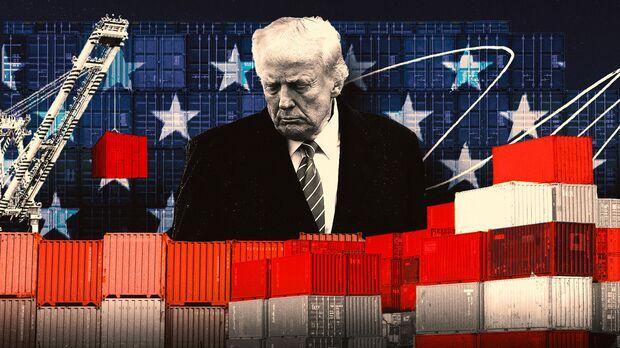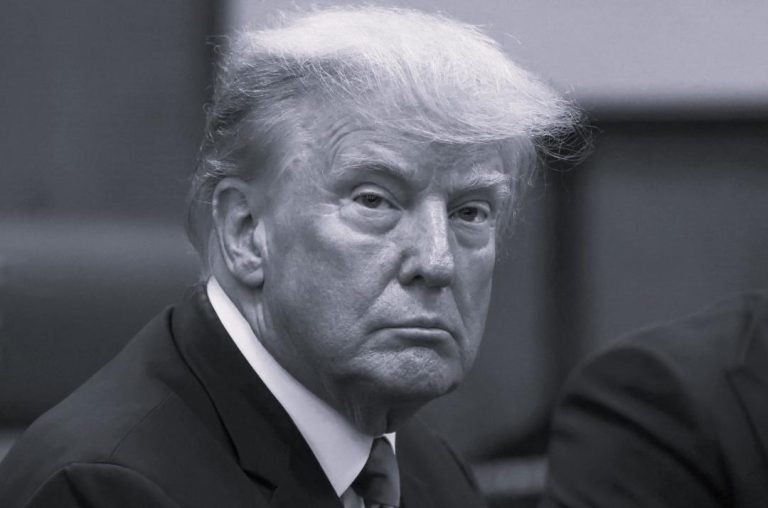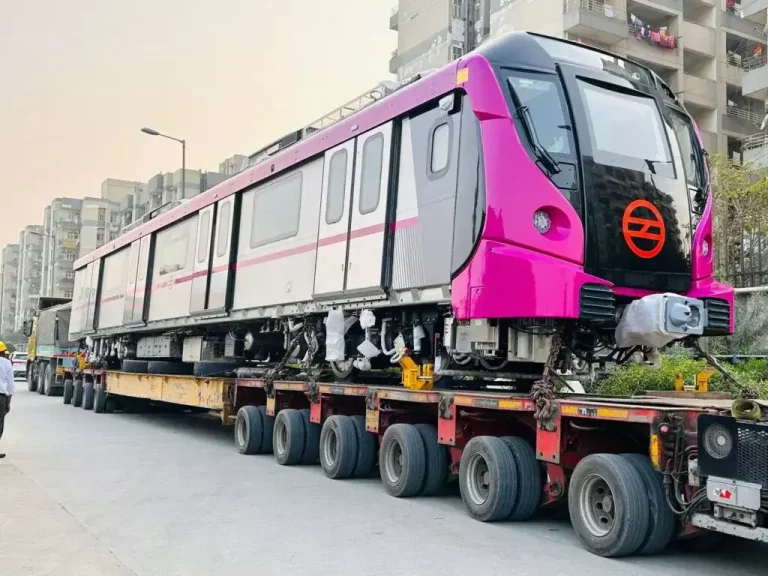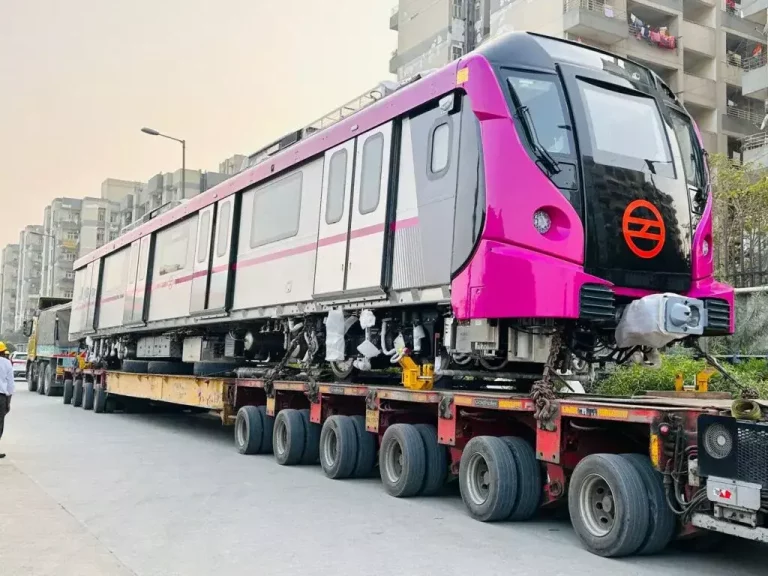
Trump-era Tariffs Threaten to Disrupt Big Tech’s Cloud Expansion
The COVID-19 pandemic has accelerated the adoption of cloud computing, with businesses and individuals relying heavily on cloud-based services to stay connected and productive. Big Tech companies, such as Amazon Web Services (AWS), Microsoft Azure, and Google Cloud Platform (GCP), have been at the forefront of this trend, investing heavily in data centers and infrastructure to meet the growing demand.
However, the possibility of the return of Trump-era tariffs is casting a shadow over Big Tech’s cloud expansion plans. The imposition of higher tariffs on Chinese imports could significantly increase the cost of AI servers and cloud infrastructure, forcing companies to restructure their supply chains to mitigate the financial burden.
In 2018, the Trump administration introduced tariffs on $34 billion worth of Chinese goods, including technology products, as part of a broader trade dispute. The tariffs, which were meant to protect American intellectual property and innovation, had a significant impact on the tech industry, leading to increased costs for components and finished goods.
Fast forward to 2023, and the situation is eerily similar. The Biden administration has kept the tariffs in place, and there are concerns that they could be reinstated or even increased in the coming months. This has sent shockwaves through the tech industry, with Big Tech companies scrambling to prepare for the potential disruption.
The impact of tariffs on Big Tech’s cloud expansion plans would be significant. AI servers, which are used to power cloud-based services, are a critical component of cloud infrastructure. The cost of these servers is already high, and the imposition of tariffs could increase the cost by as much as 20-30%. This would be a significant blow to Big Tech companies, which are already operating on thin margins.
Moreover, the tariffs would not only increase the cost of AI servers but also other components, such as networking equipment and storage devices. This could lead to a ripple effect, with companies forced to pass on the increased costs to their customers or absorb them, which could impact their bottom line.
To mitigate the potential disruption, Big Tech companies are taking a proactive approach. They are lobbying the government to reconsider the tariffs and are working on contingency plans to minimize the impact of any potential disruption.
AWS, for example, has been vocal in its opposition to the tariffs, arguing that they would increase costs for American businesses and consumers. The company has also been working with its suppliers to diversify its supply chain, reducing its dependence on Chinese imports.
Microsoft, on the other hand, has been focused on developing alternative supply chains, including investing in domestic manufacturing capabilities. The company has also been working with its partners to develop new technologies that can help mitigate the impact of tariffs.
GCP, which has been a vocal critic of the tariffs, has been working on a range of initiatives to reduce its dependence on Chinese imports. The company has been investing in domestic manufacturing capabilities and has been working with its suppliers to develop alternative supply chains.
In addition to these efforts, Big Tech companies are also working together to advocate for policy changes that would help mitigate the impact of tariffs. The TechNet, a trade association that represents the interests of tech companies, has been working with policymakers to develop a more nuanced approach to trade policy that would take into account the impact of tariffs on the tech industry.
In conclusion, the possibility of the return of Trump-era tariffs is a significant threat to Big Tech’s cloud expansion plans. The imposition of higher tariffs on Chinese imports could increase the cost of AI servers and cloud infrastructure, forcing companies to restructure their supply chains to mitigate the financial burden. However, Big Tech companies are taking a proactive approach, lobbying the government to reconsider the tariffs and working on contingency plans to minimize the impact of any potential disruption.
As the situation continues to unfold, it will be important for policymakers to take into account the impact of tariffs on the tech industry and to work with Big Tech companies to develop a more nuanced approach to trade policy. By doing so, we can ensure that the cloud expansion plans of Big Tech companies are not disrupted, and that the benefits of cloud computing can be enjoyed by businesses and individuals alike.
Source: https://www.itvoice.in/trump-era-tariffs-threaten-to-disrupt-big-techs-cloud-expansion






